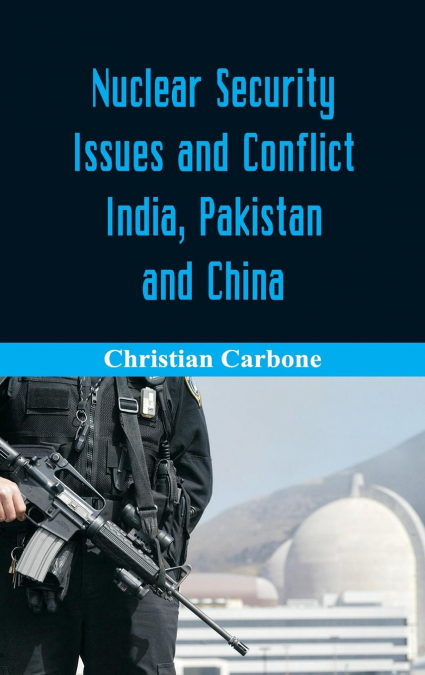
Christian Carbone
Eliminating nuclear weapons remain even more urgent since the end of the Cold War and its potential threat to world peace is more dangerous than ever. As one looks around the world and at potential conflict scenarios, nuclear weapons use are alas being considered in a number of situations. Asia remains particularly vulnerable. Growing nuclear arsenals, possibly unsecured fissile material, weak government control, combined with religious extremism, unresolved borders and competition for oceanic resources; all go to form a deadly mix. Addressing these issues remain a major concern. Issues of nuclear weapons safety and security must remain high on the international security agenda. Of the dangers, none is greater than the threat of some kind of nuclear attack. Both India and Pakistan possess large nuclear arsenals. And both aim them at the other. While the possibility of all-out Armageddon can therefore never be ignored, these massive armories represent an even greater, more imminent peril: that terrorists will somehow take control of a warhead or nuclear materials to launch a catastrophic attack. According to the Nuclear Threat Initiative, a nuclear nonproliferation watchdog, both countries score poorly on their Nuclear Security Index, which assesses the security of nuclear materials around the world. China continues with its nuclear and missile expansion – currently the largest of any country – even as it refuses to halt covert nuclear and missile transfers to Pakistan or stop its missile dealings with Iran. Statesponsored proliferation is being practiced as a strategic trump card. Having decided to go overtly nuclear only in 1998, India is presently working to militarily integrate its nuclear weapons and develop new intermediate-range delivery systems. As the book addresses this crucial issue quite deftly, it is hoped that it would prove to be a source of great information for the reader. It an essential reading for the students taking courses on this book.